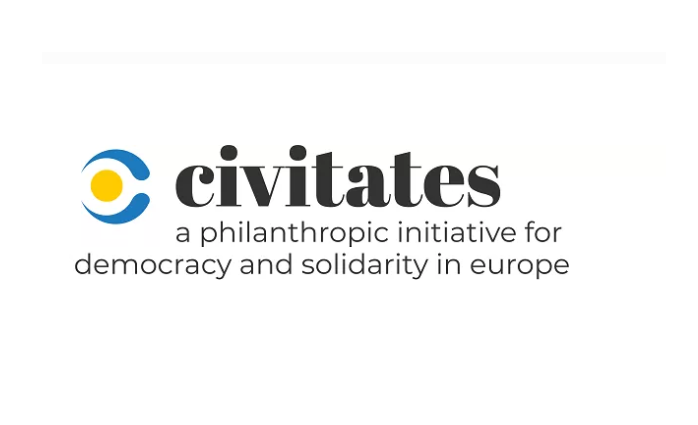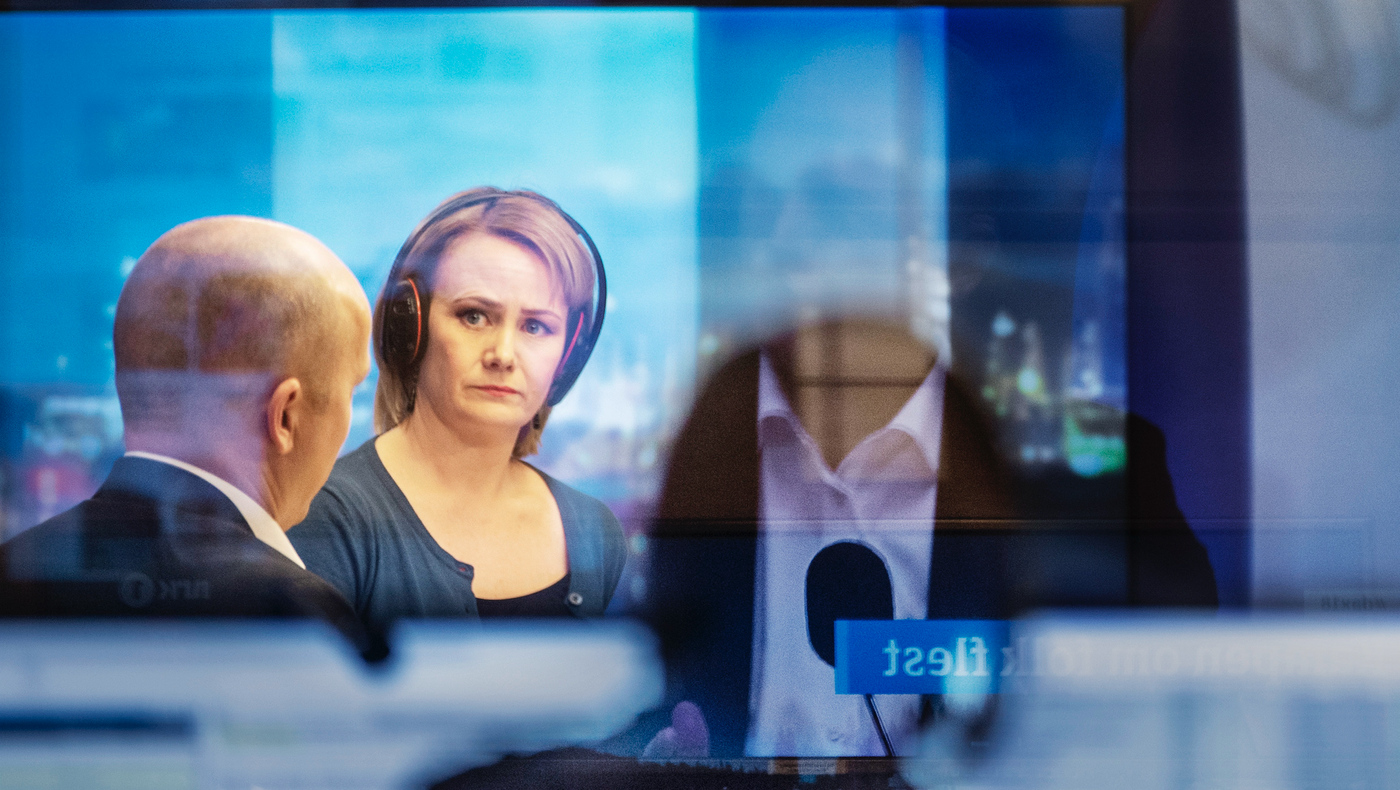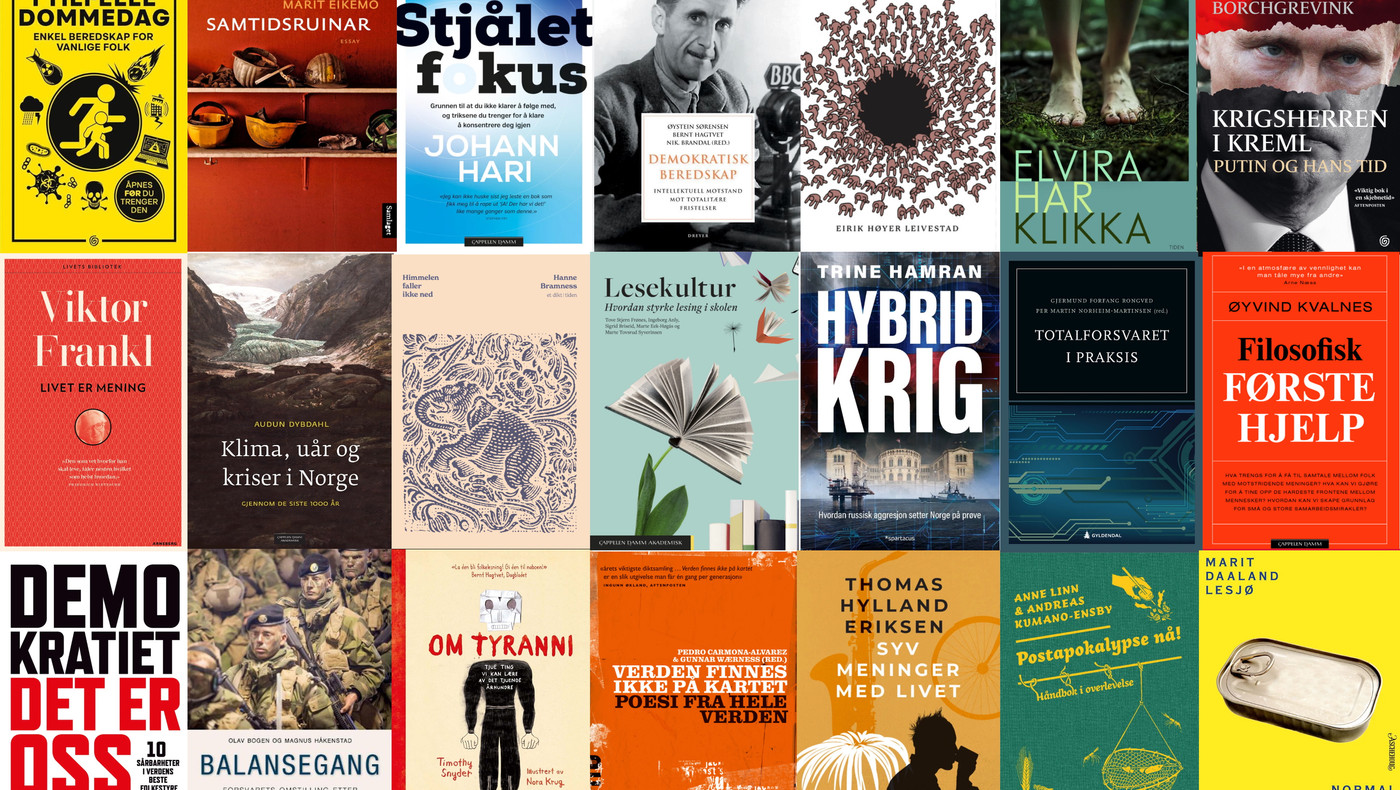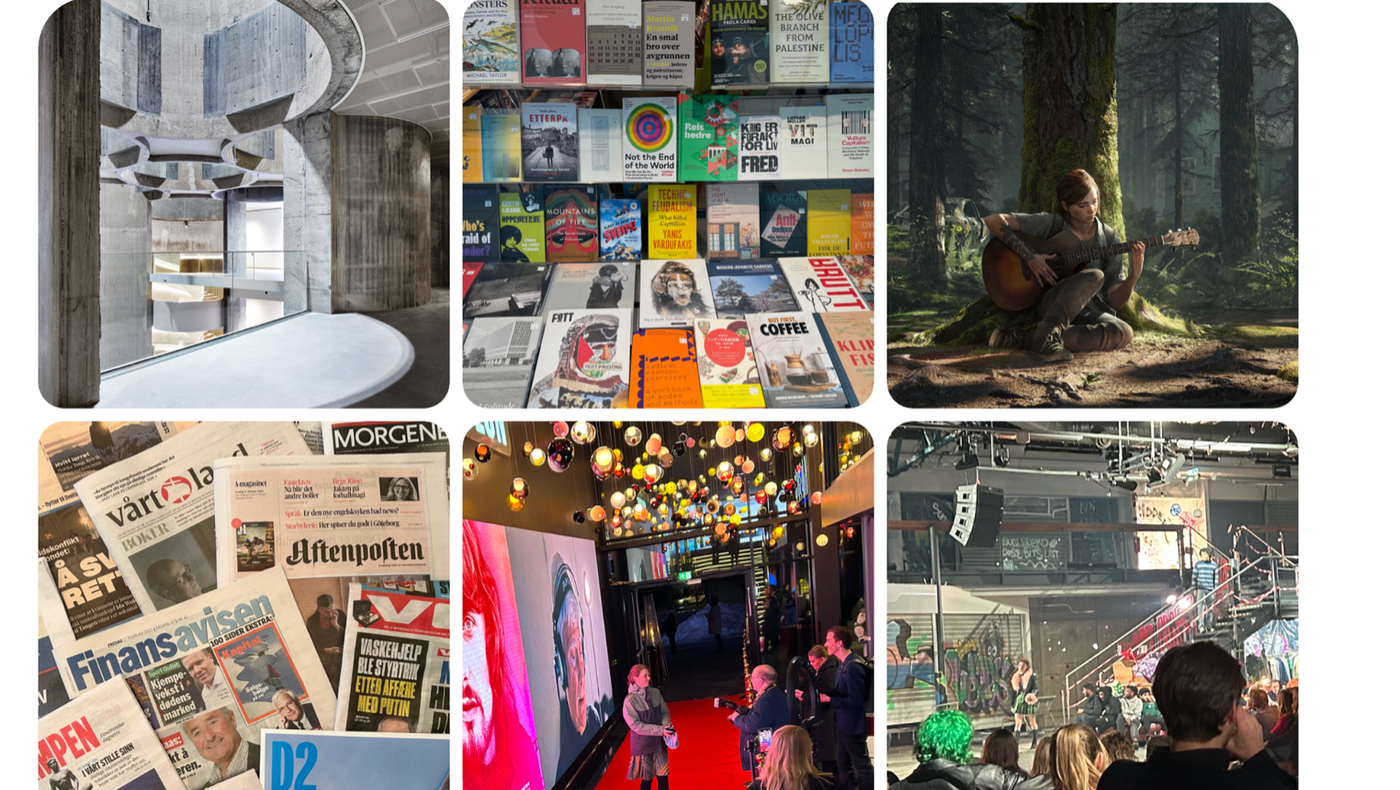Call for Proposals: “Improving the Digital Information Ecosystem”
Civitates is a new philanthropic initiative of 16 foundations committed to upholding democratic values in Europe. The deadline for the first call for proposals is 30 November 2018.
Civitates aims to empower and enable civil society to address the way in which democracy is impacted by the fundamental changes in the way information of societal importance is produced, distributed and consumed. These changes are affecting the democratic fabric in Europe by contributing to a corrosive public discourse and undermining EU values.
Civitates is interested in supporting ways in which these challenges can be mitigated. Civitates therefore aims at a better understanding of commonalities across Europe and a stronger field. The fund provides European civil societies with the financial and non-financial means to build on knowledge and work across a range of initiatives that can help identify and advocate for targeted responses to specific problems of the current and future digital environment.
A strong cohort of civil society actors across Europe that informs the debate and drives a reform agenda for the digital public sphere will also indirectly help people in Europe to understand how the digital news and information ecosystem works so they can make decisions about their ‘information diet’ and have access to a plurality of media, new sources and news content.
Application Guidance
Civitates welcomes proposals from independent organizations for projects that seek to:
- Analyse the effect of digitization on the quality of the public discourse in Europe;
- Expose issues impacting the quality of public discourse and democratic fabric in Europe; or
- Improve the functioning of the digital information ecosystem (role of e.g. the technology platforms, the digital advertising industry, political actors) and its regulatory environment through advocacy initiatives.
Civitates particularly encourages applications from organizations that:
- Engage in constructive advocacy, broadly shared by a diverse set of actors, and resulting in feasible policy proposals;
- Partner with other civil society organizations, including those that are already active in this field as well as with those that are (relatively) new to it but understand the importance of the issue;
- Propose initiatives that think critically about how to solve not just today’s problems of disinformation, but also those of tomorrow.
Supported activities could include, but are not limited to:
- Documenting and exposing the manipulation and corrosion of the public discourse (including through media / investigative journalism);
- Bringing together different players in a joint effort to improve our digital information ecosystem, including tech companies, newsrooms, research institutes, policy-makers, politicians, governments and civil society organizations;
- Advocacy campaigns driving a reform agenda for the digital public sphere; or
- Action-oriented research.
All projects should contribute to the shaping of the agenda for a digital environment that has a positive impact on the public discourse in Europe. For example, think of research that concludes with a specific policy ask or research that can point to a direction where a policy ask could be.
Moreover, the proposed projects should address the digital information ecosystem as a whole. For example, initiatives that address the (lack of a) regulatory framework which allows for hate speech to occur will be considered for funding, while initiatives against online hate speech as such will not. Similarly, funding could be provided for a project monitoring propaganda around upcoming elections, as long as its overall aim is to address challenges related to the framework of the digital environment rather than to simply address the integrity of those elections. Funding could also be considered for projects challenging different aspects related to the dominance of tech companies. Additionally, given the difficulty for researchers to access data from platforms such as Facebook, WhatsApp and Snapchat, we welcome research projects on alternative ways to gather data from those sources.
Please note that this specific Request for Proposals does not cover support for projects limited to (or focusing mainly on):
- general awareness-raising;
- web / media literacy training;
- fact checking, the moderation of content, or the production of counter narratives;
- improving journalism business models; or
- seed funding for the creation of apps.
Who Can Apply
Through this Request for Proposals Civitates funds non-profit non-governmental organizations, which may include civic organizations, associations, independent media, and other similar organizations. Non-governmental organizations are welcome to submit a proposal with a for-profit organization as a partner, however this Request for Proposals does not cover funding to individuals, governmental bodies, or state-supported institutions.
Because Civitates wants to better understand commonalities across Europe, funding is provided for projects with a broader (EU) perspective. This does not mean that there is a minimum of a specific number of countries to be included in the proposal however. Great projects that have a potential to be replicated in other parts of Europe could be of interest too.
More specifically, Civitates welcomes proposals from organizations:
- in EU and EFTA countries, with either a national or a pan-European focus, as long as the proposal has pan-European relevance.
- outside EU and EFTA countries, as long as the proposal has pan-European relevance.
About the Partners
Hosted by the Network of European Foundations, Civitates aims at strengthening civil society by empowering its actors to respond to challenges related to the shrinking space for civil society, as well as to address the way democracy is impacted by changes in the way information of societal importance is produced, distributed and consumed.
This Request for Proposals includes contributions by Adessium Foundation, Fondation de France, Fritt Ord, King Baudouin Foundation, Nicolas Puech Foundation, Oak Foundation, Omidyar Network and the Open Society Foundations.
Visit the Civitates website at https://civitates-eu.org.




